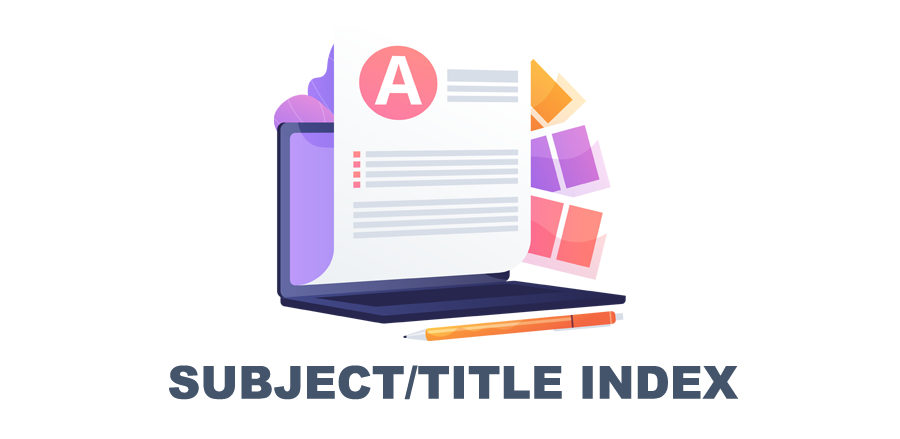Penggunaan Pertanyaan Kritis dalam Kegiatan Pembelajaran oleh Guru Pendidikan Agama Islam: Socratic Critical Questions atau Qur'anic Critical Questions (Suatu Kajian Permulaan Strategi Pembelajaran dalam Islam)
DOI:
https://doi.org/10.32616/pgr.v4.2.271.55-64Keywords:
Socratic Critical Questions, Qur'anic Critical QuestionsAbstract
The purpose of this study was to analyze and compare the use of Socratic Critical Questions or Qur'anic Critical Questions in learning activities by Islamic Religious Education teachers. This research is qualitative, empirical, literature comparison. This is education and theological research, which is a process of helping navigate through experiences (from scripture). Qualitative analysis involves two activities: 1) developing an awareness of the types of data that can be examined and how they can be explained; and 2) a number of practical activities that help with data types. Then, comparisons are made between the different types of organizations in terms of structure, culture, size, the like and characteristics observed in order to study the larger unit of analysis. From the results of the discussion it is concluded as follows: 1) Teachers of Islamic Religious Education in elementary and middle schools and even Islamic higher education lecturers have not used both: Socratic Critical Questions or Qur'anic Critical Questions, so that the parameter is the negativity of Islamic education. 2) Socratic Critical Questions are very good, but there is no level based on the quality and quantity of the problem content being asked, the quality of the methodology, the quality of the audience and the point is not yet specified. whereas the Qur'anic Critical Questions clearly takes into account these various qualities, even open and closed questions are explained in detail. 3) This research is a beginning and hopefully it can be continued more deeply by the author himself and those who care about the progress of Islamic education.
Downloads
Published
Issue
Section
License
Copyright (c) 2020 Muthoharun Afif

This work is licensed under a Creative Commons Attribution 4.0 International License.







